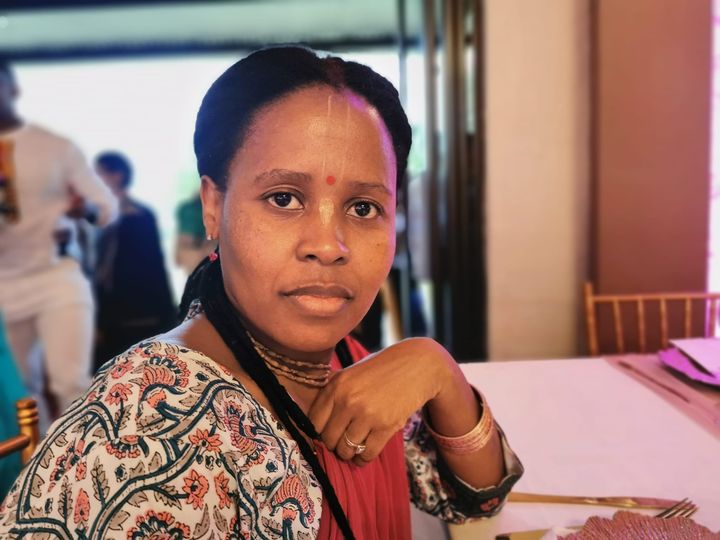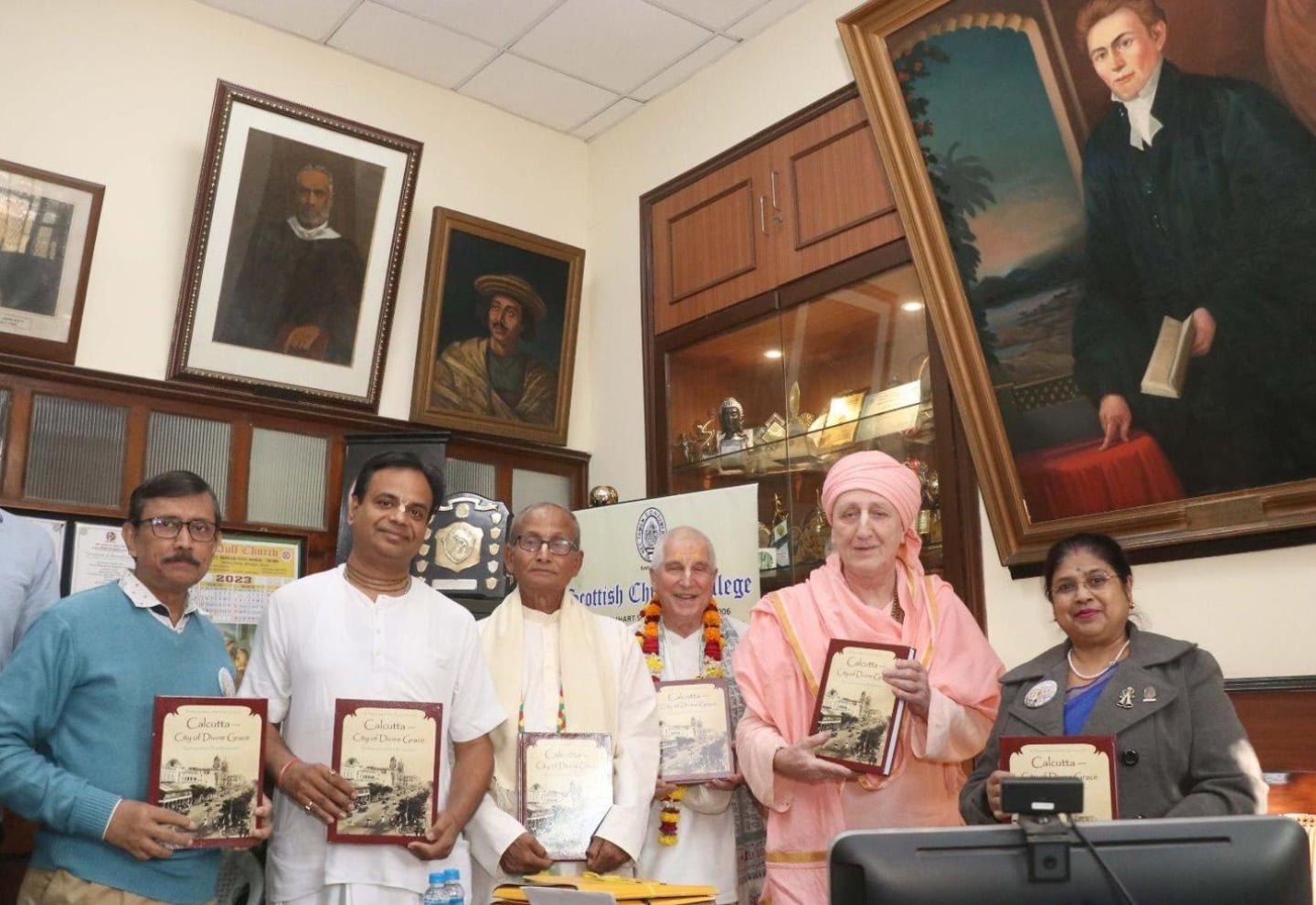Sugarcane Plates: ISKCON Chooses the Sweet Alternative
By Madhava Smullen | Feb 08, 2008

In today’s environmentally aware world, it may shock guests to find out that some ISKCON centers – while claiming to represent a society of spiritual welfare workers and self-sufficiency exponents – serve their vegetarian meals on Styrofoam dinnerware.
What’s the big deal? Styrofoam, technically known as foamed polystyrene, is made from toxic chemicals that contribute hugely to deforestation. On top of that, US Conservation pegs the costs of recycling polystyrene at over $3,000 per ton, compared to glass which costs just $89 per ton to recycle. Due to these high costs, all attempts to recycle polystyrene on a large-scale basis in the past have failed.
If that’s not enough to convince you, consider that the chemicals in Styrofoam also pose significant health risks to humans. They are known carcinogens, or cancer-causing agents, that can enter the body when the Styrofoam has been heated.
Relax! Don’t go fleeing for the hills just yet. You can always bring your own metal plates to festivals and feasts to avoid risks. But for the sake of visitors to Hare Krishna temples, several proactive devotees around the world, including Ajita Dasa in Australia, and Priyavrata Dasa at Food For Life, have found a solution: dinnerware made from bagasse – 100% sugarcane fibres.
Saranam Olivier, who started a devotee-run bagasse distribution company – Full Circle Industries – in 2006, says that for her, these products go deeper than just business. “It’s an inevitable truth that climate change is happening, and we’re all being affected by it,” she says. “If we can understand Prabhupada’s teachings of self-sufficiency and become true stewards of the earth, seeing the world and its resources as God’s energy, we’ll attract so many people.”
Because bagasse is a waste product from sugarmills that would otherwise be burned, Full Circle’s plates, cups and to-go containers don’t harm trees or waste other essential resources. And of course they can be composted and rejoined with the earth, from which sugarcane grows, creating a full circle – hence the company’s name. The Hillsborough, North Carolina company also distributes spoons, forks, and that wonderfully ridiculous modern hybrid the spork – all made from potato starch, replacing highly toxic PVC.
Full Circle mainly caters to other commercial distribution companies as a middle-man, but for its employees, helping their ISKCON family become “green” is the mission really close to their hearts.
“So far, Philadelphia and Baltimore Ratha Yatras, and temples in Hillsborough, Prabhupada Village and Dallas have started using bagasse for their prasadam distribution,” says Saranam. “We’ve also gotten enquires from as far afield as Los Angeles and the UK.”
But their biggest customer by far is The Krishna Lunch in Gainesville, Florida. After serving prasadam at the University of Florida campus since 1971, the program organizers wanted to expand their operation and make it more environmentally friendly. They conducted a survey asking students if they’d like to keep the old system and pay a small donation, or give a slightly larger donation and have a second serving line for more efficiency, plus eco-friendly dinnerware. 750 students replied, with 90% saying that they’d be happy to pay more.
“Our second serving line catapulted us to our most successful in 35 years – we now often serve over 1,000 plates a day,” says Kalakantha Dasa, president of ISKCON Gainesville. “And the bagasse dinnerware has helped generate its fair share of interest, too.”
In March 2007, the Independent Florida Alligator ran a “darts and laurels” editorial page, handing The Krishna Lunch a laurel for their change from conventional to sugarcane dishware.
“Right now our waste goes into a regular landfill, although the bagasse breaks down in a matter of months as opposed to decades,” says Kalakantha. “But we’re working towards properly composting, collecting the methane gas derived from the process, and using the remaining waste as fertilizer.”
UF scientists are supporting ISKCON’s efforts – the Campus Sustainability Club is currently experimenting with some of the waste from the Krishna Lunch to see how best to compost it.
Today, Saranam and Full Circle industries are importing bagasse products and distributing them to temples and worthy projects such as the Krishna Lunch. In the future, they would like to manufacture the product directly. “Then we can inundate the world with prasadam on green plates and integrate this kind of thing into the DNA of our movement,” Saranam says.
She concludes, “I’m confident that the Krishna conscious choice is one that’s better for the environment.”
For more information on environmental friendly dinnerware visit www.fullcircleplanet.com (USA) or contact Ajita Dasa (Australia) on +61 2 6672 6579












